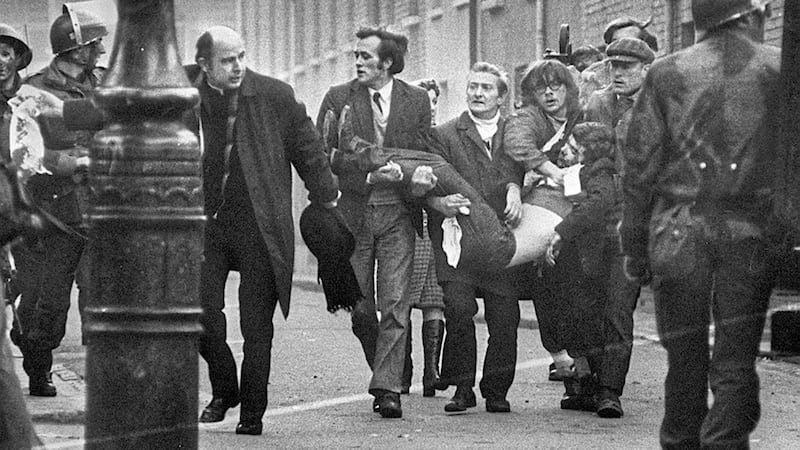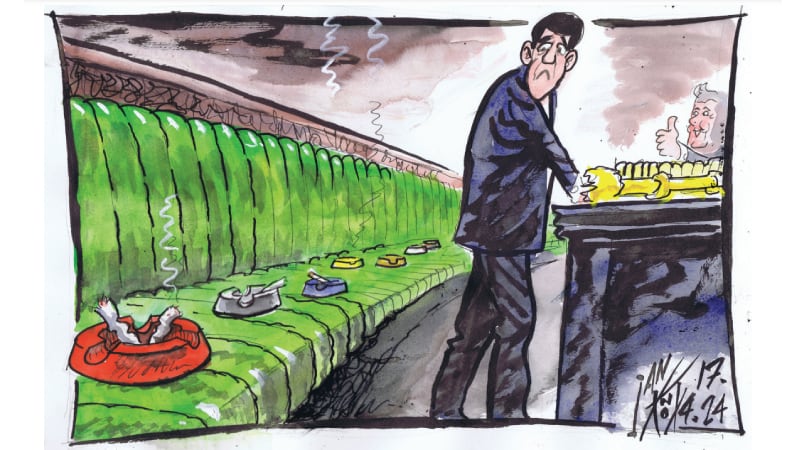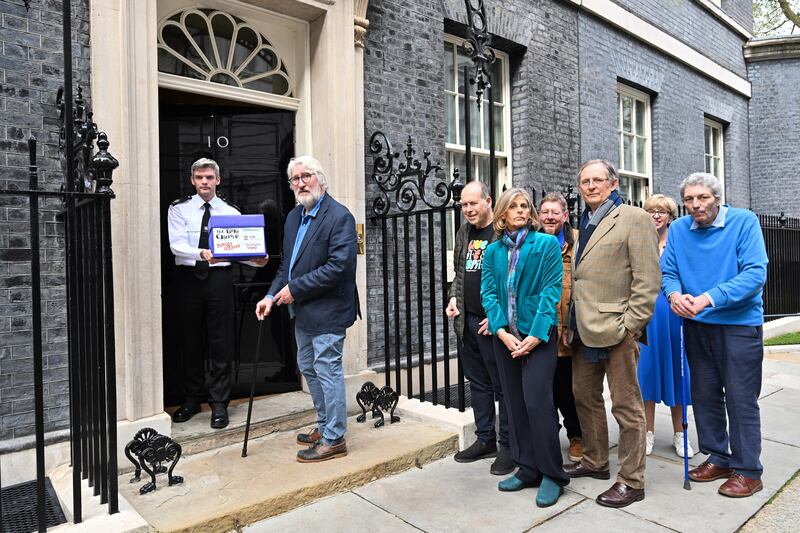When it comes to addressing the past, it's widely acknowledged that there is no single narrative. Different experiences foster perspectives that are often diametrically opposed.
For nationalists and republicans, casting the British state and military as some kind of honest broker coming between two warring tribes has never been acceptable.
For much of the Troubles, Britain's interest in Northern Ireland was selfish and strategic, and in exercising that role, its multifaceted state forces often went beyond the law.
Bloody Sunday, Ballymurphy, shoot-to-kill and collusion with loyalists all corroborate Britain's place as an active participant in the conflict.
However, only in the most blinkered reading of the situation in the late 1960s and early 1970s is republican violence regarded as an inevitable reaction to the repressive hand-in-glove actions of unionism and the British government.
Others who aspired to Irish unity took a peaceful path and ultimately laid claim to the moral high ground.
To argue that Britain was the “main conflict protagonist” during the Troubles is perhaps an effort to provide a much broader historical context and is likely a reaction to recent campaigns which seek to absolve the British state personnel of responsibility for unlawful actions, including murder.
While Sinn Féin's dossier of evidence to support its assertion is weighty the numbers just don't add up and callous as it may sound, the ultimate arbiter in such claims is body count.
To characterise the Provisional IRA almost as bit player in the conflict is not only inaccurate, it's morally unjustifiable.
Before the long, drawn-out legacy process is resolved, there will no doubt be many more outlandish assertions from both sides but such claims do little to honour the memory of nearly 3,500 victims.
Read more:
- Alliance representative launches libel action against DUP's Graham Craig over 'IRA mouthpiece tweet'
- British government's Troubles legacy consultation extended by three weeks









